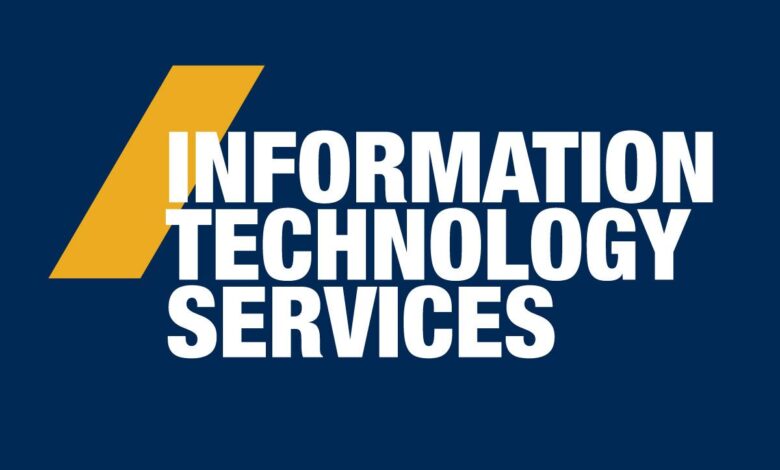WVU adopts formal guidance around responsible use of AI in administrative operations | E-News

The University has adopted formal guidelines for faculty, staff and students to help ensure that generative Artificial Intelligence (AI) tools are responsibly integrated into administrative operations. Use of such tools must be beneficial, ethical, aligned with the University’s core values, and in compliance with existing policies about the use of technology at WVU.
Apply these core principles when considering the use of AI for administrative purposes:
· Use the IT Purchase Request process to ensure the tool you want to use is secure. This includes any planned use of free software.
· Ensure data privacy and security. Never put personally identifiable information (PII), confidential or other sensitive data into a generative AI tool unless you have been explicitly approved to do so through the IT Purchase Request process. Generative AI tools cannot guarantee compliance with the WVU Information Privacy Policy.
· Understand capabilities and limitations. AI tools create new content by predicting what would come next in a pattern. As a result, generated content can be inaccurate, misleading, entirely fabricated, or may contain copyrighted material.
· Be transparent when using AI-created content. Ensure clarity and openness, particularly in areas affecting decision-making or policy development. Ask yourself if a reasonable person would want or expect to know that you used generative AI and explain how you used it.
· Be accurate and inclusive, avoiding unintended harm. Prioritize content that is universally accessible and inclusive, carefully reviewing the created data for both bias and accuracy before sharing.
Currently, the only AI services authorized for use in the WVU environment are the Blackboard/Anthology AI Design Assistant in eCampus Ultra and the basic version of Microsoft Copilot, which is free through a University-issued Microsoft 365 account. WVU employees should NOT attempt to purchase any other versions of Copilot because they are not authorized for use.
The guidelines will evolve as AI technology advances but currently address the use of AI for communications; data analysis; document management; customer service; equipment monitoring, personalized marketing; budget data; meeting transcription; audio and video creation; and software coding.
The Policy on Student Academic Integrity prohibits the unauthorized use of tools that generate or substantively edit content, such as Grammarly, ChatGPT, Microsoft Copilot and Google Gemini. Students may use AI tools only when authorized by instructors.
Instructors are free to determine what tools may be used in their course and how that use should be documented. However, no AI tool may be purchased or implemented without a fully approved IT Purchasing Request.
Please direct questions to infosec@mail.wvu.edu.



